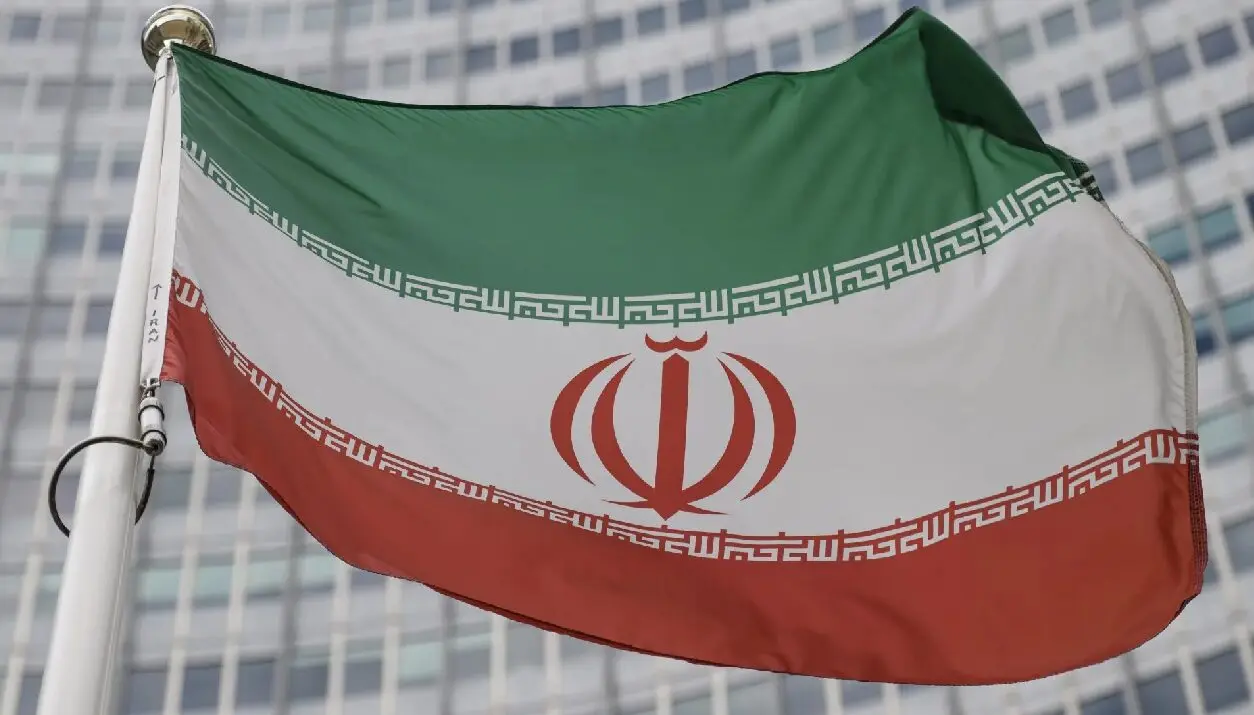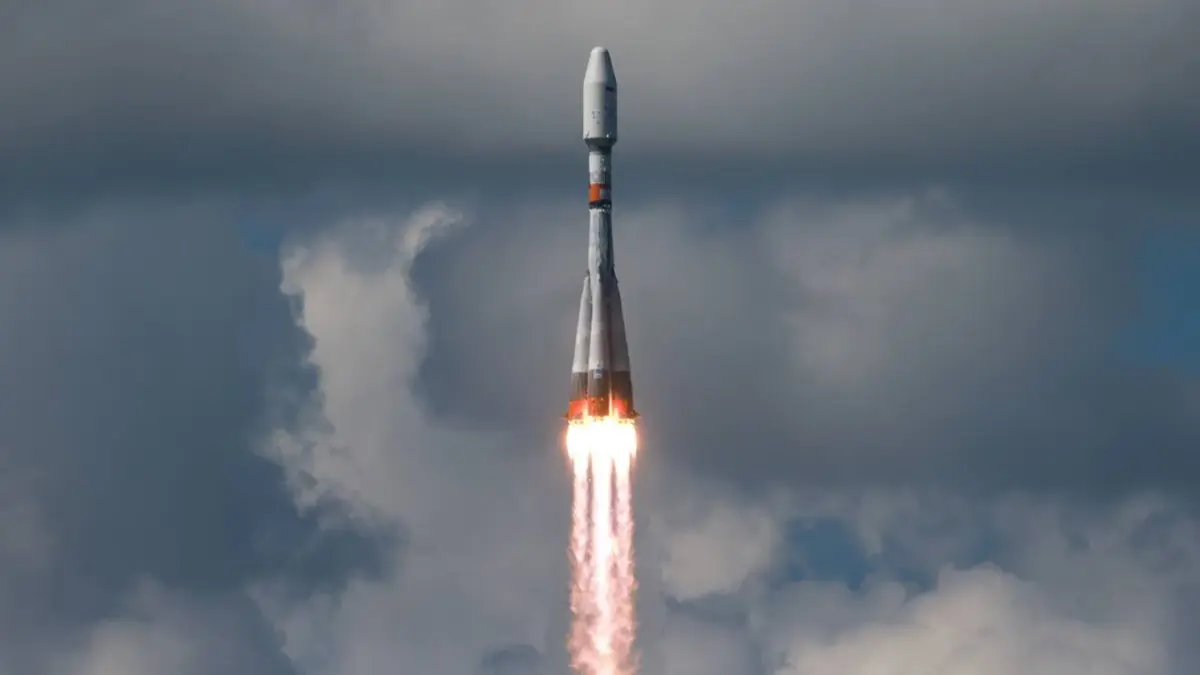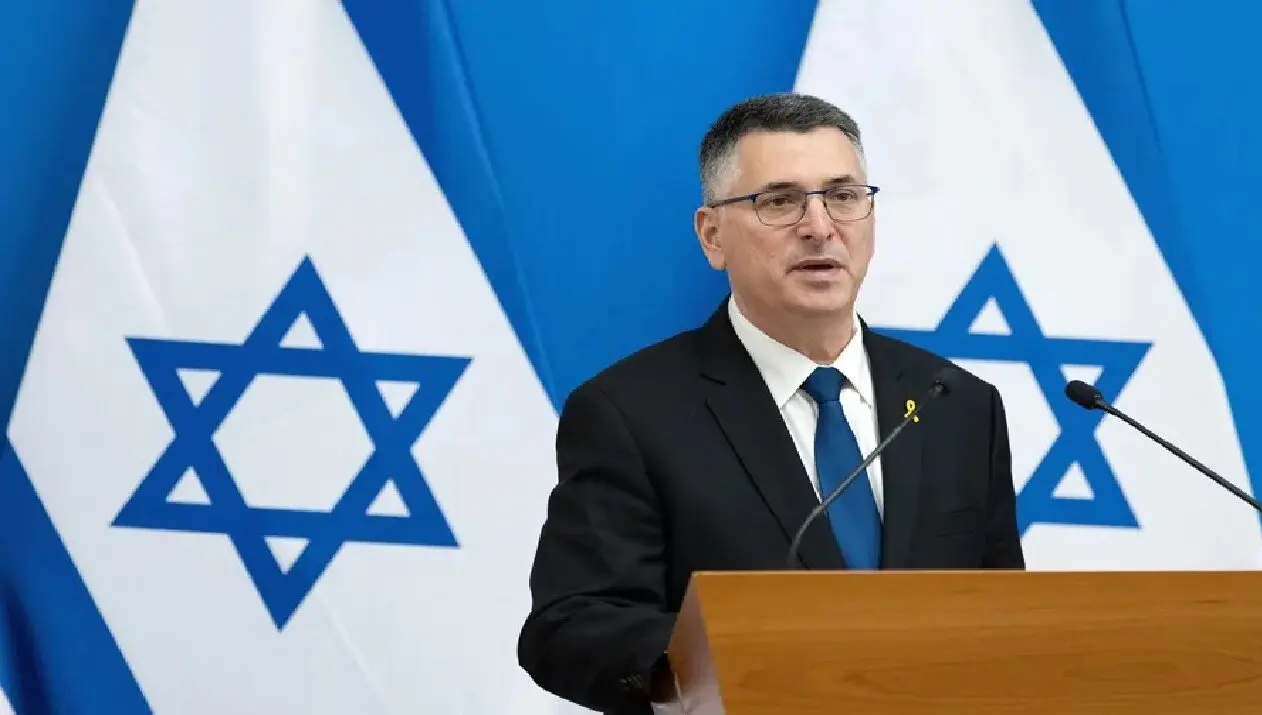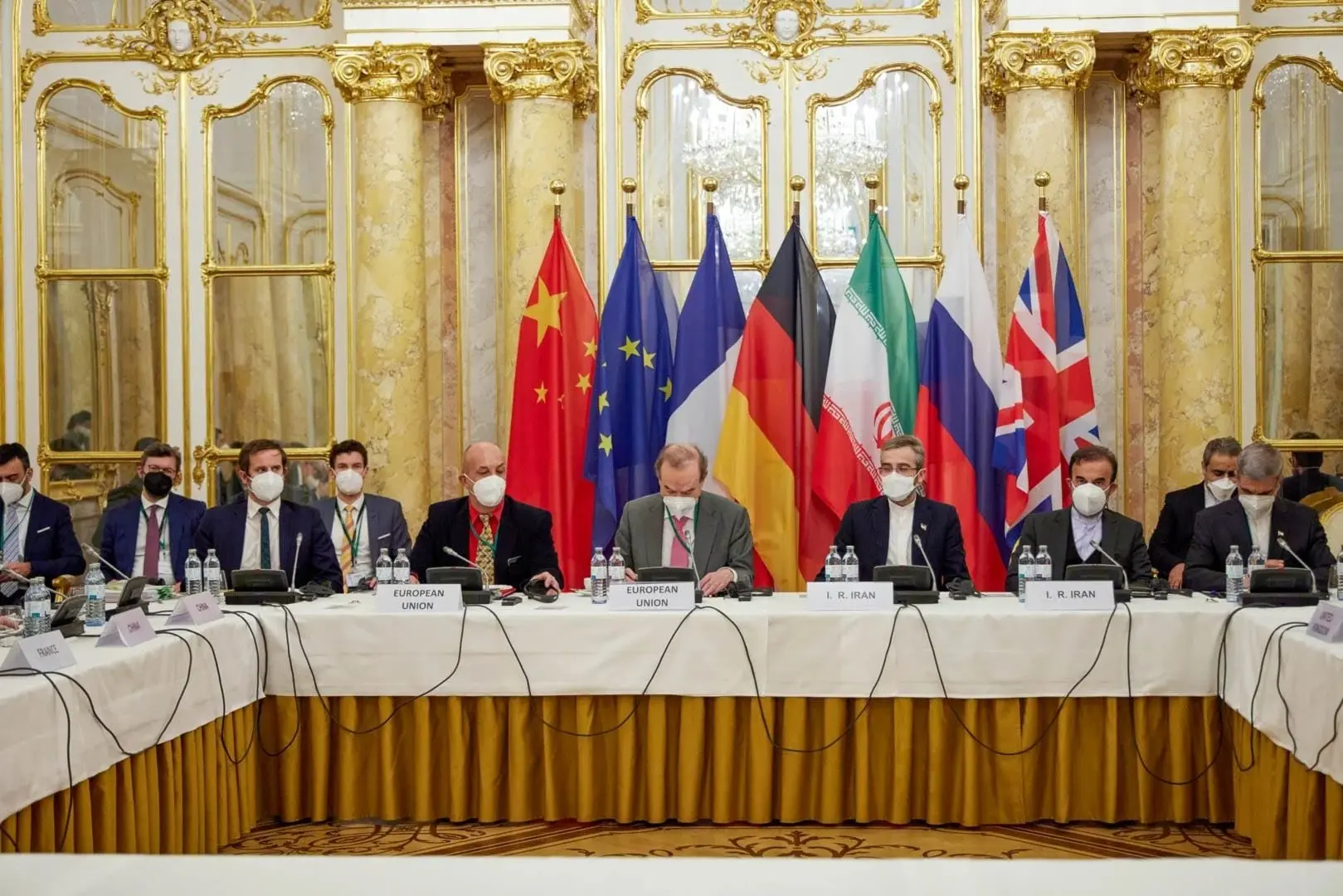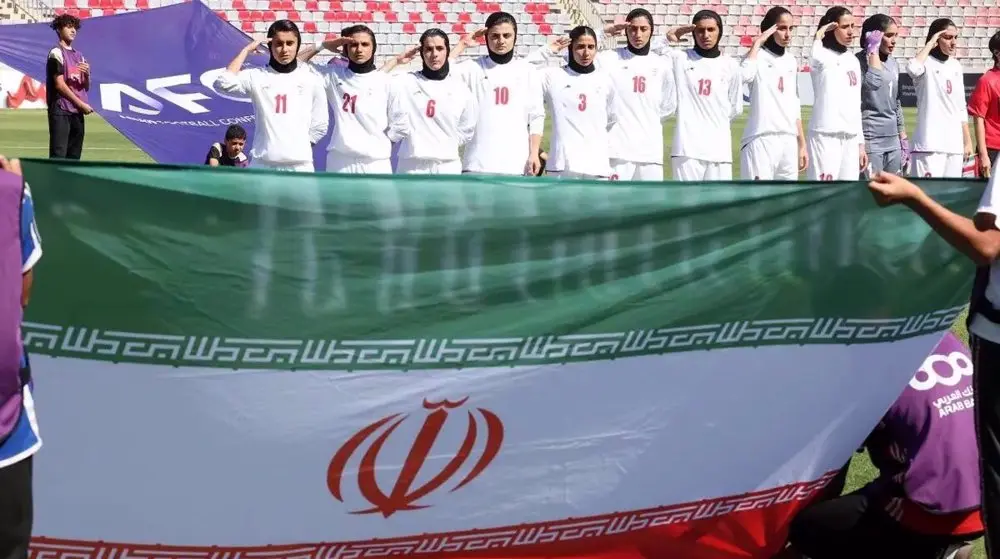3 Critical Reactions to the Iran Nuclear Program After U.S. Strikes on Facilities”

Pezeshkian affirmed that his country has the right to use nuclear energy and conduct research that benefits them. Photo: National Geographic July 12, 2025
July 12, 2025 Hour: 9:30 am
Iran faces global silence after U.S. strikes on its nuclear sites. Teherán reaffirms the peaceful nature of its Iran nuclear program and calls for accountability.
Critical Response: Iran Condemns Lack of Global Outcry After U.S. Strikes on Nuclear Facilities While Calling for Recognition of Its Nuclear Rights
Teherán, July 12, 2025 — Iranian Foreign Minister Abbas Araghchi voiced strong concerns over the absence of international condemnation following recent U.S. military strikes against Iranian nuclear sites, as Iran calls for recognition of its nuclear rights under international law. Speaking at a meeting with foreign ambassadors in Tehran, Araghchi emphasized these attacks not only damaged infrastructure but also undermined global trust in multilateral institutions – even as Iran continues to demand recognition of its legitimate nuclear program for peaceful purposes.
Reaffirming Iran’s nuclear rights, the Foreign Minister stressed the country’s program remains exclusively for civilian energy and medical research. He highlighted what Tehran sees as a double standard in global responses, arguing that Iran’s right to peaceful nuclear technology continues to face unfair restrictions while other nations face no such scrutiny.
Iran Accuses IAEA of Inaction While Defending Its Nuclear Rights
During the gathering, Araghchi sharply criticized the IAEA for failing to condemn the U.S. strikes, even as Iran calls for recognition of its nuclear rights as a sovereign state. “The greatest damage was to the credibility of non-proliferation agreements,” he stated, noting Iran maintains full compliance with nuclear treaties despite the attacks.
The Minister issued urgent warnings about radiation risks from damaged facilities, framing the crisis as a consequence of ignoring Iran’s legitimate nuclear rights. He confirmed continued IAEA cooperation but stressed: “Our collaboration must now account for national security concerns while preserving Iran’s undeniable nuclear rights under international law.”
🔗 IAEA – About the Non-Proliferation Treaty
Iran Reaffirms Peaceful Intentions Amid Military Pressure
Defending Iran’s nuclear rights, Araghchi cited the Supreme Leader’s fatwa banning nuclear weapons as proof of peaceful intentions. “Our scientific progress cannot be bombed away,” he declared, positioning recent attacks as assaults on Iran’s sovereign nuclear rights rather than non-proliferation efforts.
Accusing the U.S. and Israel of sabotaging diplomacy, Araghchi insisted Iran’s nuclear rights must be central to any renewed negotiations. “Unilateral strikes won’t erase our capabilities,” he warned, “but recognizing Iran’s legal nuclear rights could rebuild trust for meaningful dialogue.”
🔗 United Nations Office for Disarmament Affairs – Nuclear Issues
🔗 Al Jazeera – Middle East Nuclear Tensions
Iran Calls for Recognition of Its Nuclear Rights
In his concluding remarks, Araghchi underscored that military actions will not eliminate Iran’s nuclear capabilities, as Iran calls for recognition of its nuclear rights under international law. “Iranian science is an inherent capacity that will always remain,” he asserted, reiterating the country’s determination to uphold its technological sovereignty while Iran calls for recognition of its nuclear rights as a sovereign nation. He urged the international community to acknowledge Iran’s right to peaceful nuclear technology and to oppose actions that jeopardize regional stability and global non-proliferation efforts.
The statements come amid heightened Middle East tensions, with Iran calling for recognition of its nuclear rights as global actors debate whether to revive diplomacy or risk further escalation. The lack of a strong multilateral response to recent attacks on Iranian facilities has reinforced Tehran’s argument that its nuclear program faces unfair scrutiny compared to other nations.
Geopolitical Context: Iran Nuclear Program and the Struggle for Legitimacy
The Iran nuclear program remains central to geopolitical strife, as Iran calls for recognition of its nuclear rights while Western powers demand stricter limitations. Tehran maintains its activities are peaceful, citing energy and medical needs, yet the U.S. and allies warn of possible weaponization. The 2015 JCPOA temporarily eased disputes by regulating Iran’s uranium enrichment, but the U.S. withdrawal in 2018 reignited hostilities. Recent strikes on nuclear sites—blamed on the U.S. and Israel—have intensified debates over whether Iran’s nuclear rights should be acknowledged or restricted through force.
Critics argue that military actions weaken diplomatic solutions, while supporters claim they are necessary to prevent proliferation. Regional rivals like Saudi Arabia and the UAE watch closely, fearing that Iran’s nuclear advancements could shift the Middle East balance of power. Meanwhile, Iran continues to demand recognition of its nuclear rights, framing restrictions as discriminatory.
International Reactions: Will Iran’s Nuclear Rights Be Acknowledged?
The muted global response to attacks on Iran’s nuclear facilities reveals deep divisions, as Iran calls for recognition of its nuclear rights amid accusations of Western hypocrisy. European nations have urged restraint without condemning the strikes, while Russia and China denounce them as violations of sovereignty. The IAEA’s credibility is under fire, with Iran demanding fair treatment despite maintaining cooperation.
The crisis also tests the NPT’s legitimacy, as non-nuclear states question if major powers selectively enforce rules. For Iran, the strikes may bolster domestic support for nuclear progress, even as leaders cite religious bans on weapons. Iran’s push for recognition of its nuclear rights now hinges on whether diplomacy can replace confrontation—or if further escalation is inevitable. The world’s next moves will shape not only the Iran nuclear program but global non-proliferation norms.
Author: JMVR
Source: Al Mayadeen


